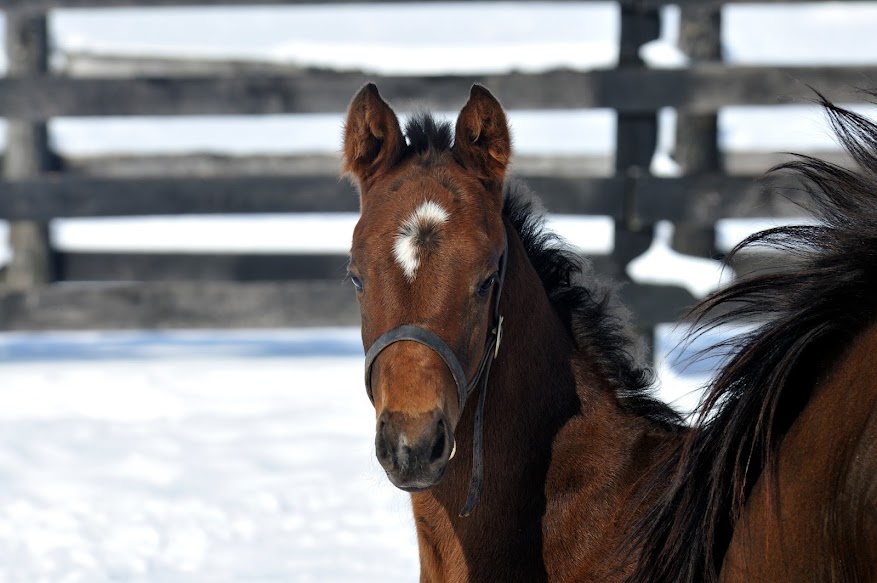From blizzard conditions and snow-packed roads to frigid temperatures and patches of black ice, winter creates risk for workers and employers alike. As a result, winter marks an uptick in workers’ compensation and general liability claims reviewed by the AVMA Trust program. Take extra precautions this winter to prevent your workers from being injured and get started on your winter preparations in advance.
Slips, Trips, and Falls
If your employees walk to and from their cars in icy
conditions or are constantly on the go for veterinary calls, an eventual slip, trip,
or fall is all but inevitable.
- Many veterinary winter slips are the result of an employee being tugged or thrown off balance by a large animal patient. Before walking any large dogs, handling horses, or dealing with large production animals in icy settings, remind employees to proceed with extra caution.
- For steadier footing, be sure to coat sidewalks with animal-safe salt immediately after a storm to reduce unwanted accidents.
- Encourage your employees to walk slowly and take small steps to allow themselves to react quickly to a change in traction. It’s also recommended that you remind employees to wear proper footwear to navigate the snow and ice safely.
- Place non-skid mats inside all clinic entrances and regularly dry floors to prevent slippery conditions from melting snow and ice.
- If your employees are in and out of vehicles all day, be sure they use proper precautions such as secured footing and grips to reduce the likelihood of falling upon exiting the vehicle.
While employers cannot control roadway conditions, they can promote safe driving behavior by ensuring workers are properly trained for hazardous weather conditions. Simple considerations go a long way, especially in extreme winter weather.
- Before employees start their routes, ensure each vehicle is in proper working order, including the brakes, engine, electrical system, and tires.
- Advise your employees to drive slowly, allow plenty of time to brake (especially in heavy fleet vehicles that build up momentum quickly), and minimize distractions.
- Ensure that all vehicles have a phone charger, or that employees always head out to work with a full charge. If stranded, it’s imperative that they have the means to call for help.
- Driving in extreme weather subjects your employees to collisions from other drivers who lose control of their vehicles, as well. Remind your employees to stay alert and use the necessary signage to warn drivers of their presence.
- If an employee calls in from the road and reports that they're in a dangerous vehicular scenario (car won't start, battery died, crash, etc.), never send other employees out into dangerous conditions to retrieve them. Instead, provide all employees with roadside assistance contacts and leave the rescuing to professionals.
Just because the weather isn’t ideal doesn’t mean the work
stops. Whether your employees are quickly walking boarded dogs or working
outside with cattle all day long, proper precautions are a must. Working in
freezing temperatures requires the body to work harder to maintain warmth, so
fatigue is more likely to occur during these harsh conditions.
- Ensure your employees dress appropriately. Wearing multiple layers can prevent hypothermia and frostbite while also allowing the body to cool by taking off a layer or two when needed.
- Require your employees to wear slip-resistant footwear and allow them to take breaks to warm up and rest to prevent fatigue.

